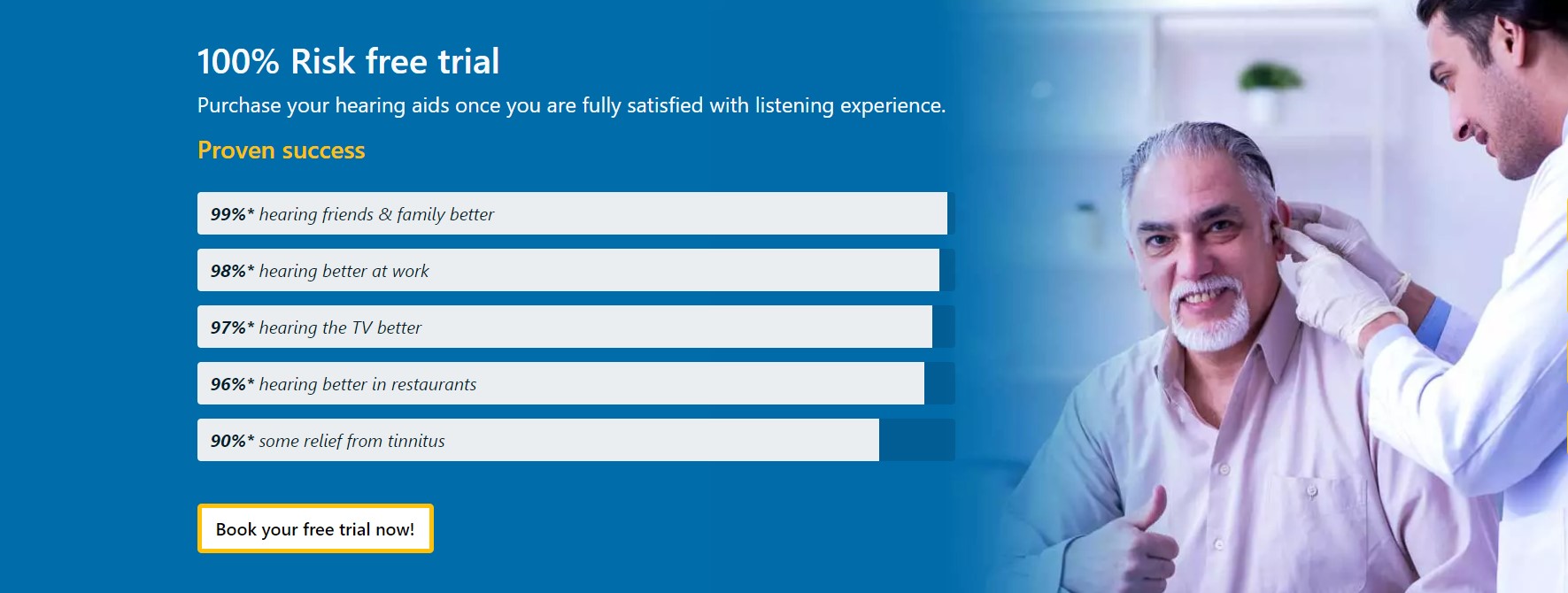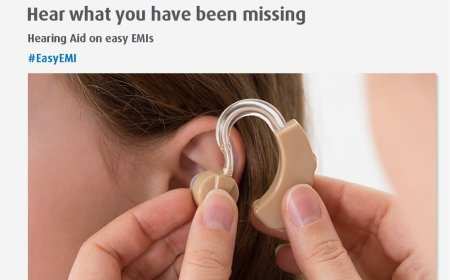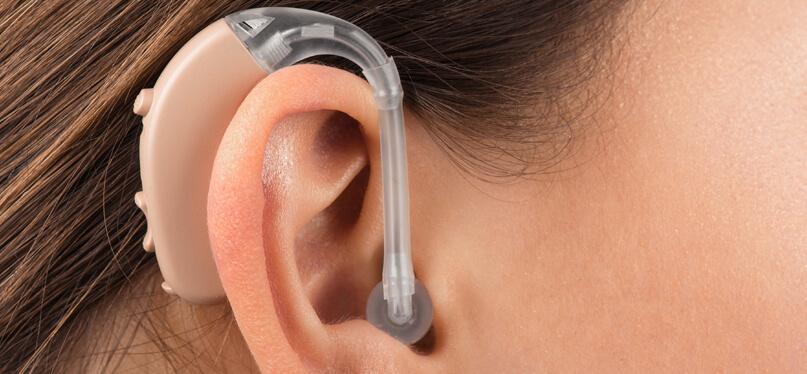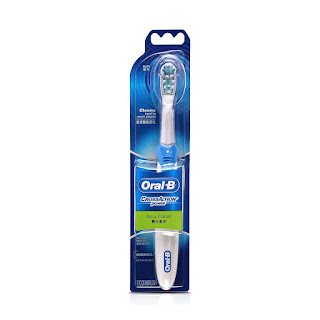What Causes Hearing Loss in Children?
Hearing loss in children can have various causes, and it is essential to identify the underlying issue to determine the best course of treatment. Here are some of the most common causes of hearing loss in children:Genetics: In some cases, hearing loss can be genetic and run in families. Children may inherit a genetic mutation that affects their hearing, or they may be born with an inherited condition such as Usher syndrome or Waardenburg syndrome, which can cause hearing loss.Infections: Certain infections during pregnancy or after birth can cause hearing loss in children. For example, cytomegalovirus (CMV) is a common viral infection that can cause hearing loss if a mother passes the virus to her unborn child. Ear infections, measles, meningitis, and other infections can also lead to hearing loss.Medications: Some medications can cause hearing loss as a side effect. For example, certain antibiotics, chemotherapy drugs, and medications used to treat heart conditions can damage the inner ear and cause hearing loss.Physical trauma: Head injuries, skull fractures, and other physical trauma can damage the structures in the ear and lead to hearing loss.Exposure to loud noises: Exposure to loud noises, either in a single incident or over time, can damage the sensitive hair cells in the inner ear and cause hearing loss. This can include exposure to loud music, fireworks, firearms, or other loud noises.Congenital conditions: Some children are born with conditions that affect their hearing, such as a malformed or missing ear canal, or a malformation of the inner ear.Aging: While less common in children, aging can also cause hearing loss. This is typically a gradual process and may not be noticeable until later in life.It is important to identify hearing loss in children as early as possible, as it can have a significant impact on their language development, academic performance, and social skills. If you suspect your child may have hearing loss, contact a hearing healthcare professional for an evaluation and appropriate treatment options.

Hearing loss in children can have various causes, and it is essential to identify the underlying issue to determine the best course of treatment. Here are some of the most common causes of hearing loss in children:
Genetics: In some cases, hearing loss can be genetic and run in families. Children may inherit a genetic mutation that affects their hearing, or they may be born with an inherited condition such as Usher syndrome or Waardenburg syndrome, which can cause hearing loss.
Infections: Certain infections during pregnancy or after birth can cause hearing loss in children. For example, cytomegalovirus (CMV) is a common viral infection that can cause hearing loss if a mother passes the virus to her unborn child. Ear infections, measles, meningitis, and other infections can also lead to hearing loss.
Medications: Some medications can cause hearing loss as a side effect. For example, certain antibiotics, chemotherapy drugs, and medications used to treat heart conditions can damage the inner ear and cause hearing loss.
Physical trauma: Head injuries, skull fractures, and other physical trauma can damage the structures in the ear and lead to hearing loss.
Exposure to loud noises: Exposure to loud noises, either in a single incident or over time, can damage the sensitive hair cells in the inner ear and cause hearing loss. This can include exposure to loud music, fireworks, firearms, or other loud noises.
Congenital conditions: Some children are born with conditions that affect their hearing, such as a malformed or missing ear canal, or a malformation of the inner ear.
Aging: While less common in children, aging can also cause hearing loss. This is typically a gradual process and may not be noticeable until later in life.
It is important to identify hearing loss in children as early as possible, as it can have a significant impact on their language development, academic performance, and social skills. If you suspect your child may have hearing loss, contact a hearing healthcare professional for an evaluation and appropriate treatment options.
What's Your Reaction?





















